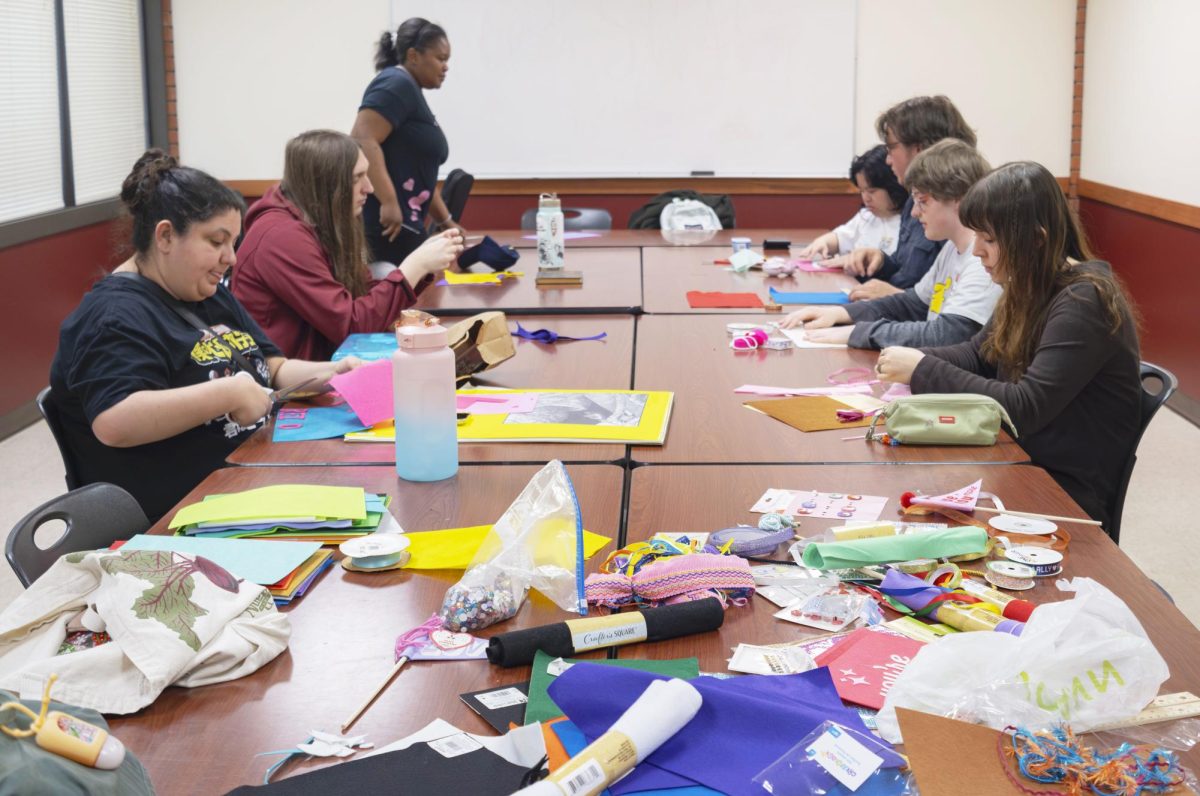Some psychologists say mindfulness practices can help combat the harms of white supremacy and anti-Blackness.
Dr. Shacunda B. Rodgers, a Sacramento-based licensed clinical psychologist, highlighted this topic during a virtual event entitled, “On Freedom and Liberation: How Mindfulness Can Help Us Heal From AntiBlackness,” on Feb. 9. This was one of many workshops City College is hosting as a part of Black History Month in February.
The event began with some words intended to put the audience members at ease. Members identifying as African American or a person of color were able to allow full expression of their thoughts and emotions in a safe holding with others in the shared experience of being Black.
Rodgers focused on the concepts of freedom and liberation in moving through systems of oppression. She emphasized the importance of self-care and mindful awareness in order to heal from traumatic, anti-Black experiences. Throughout her workshop, she raised many topics from the book of poems “the geometry of being Black” by Jacquelyn Ogorchukwu. Its poetry focused on a healing process split into five themes; receiving, internalizing, unlearning and resisting anti-Blackness, until finally learning to love oneself.
Rodgers also discussed the significance of using breath while practicing mindfulness.
“Rooting your attention in the breath can transport us into the present moment,” Rodgers said.
During the workshop, Rodgers set aside some time for the group to participate in a mindful meditation. Members shut their eyes and were guided through a meditation that used breath to bring a sense of healing to the present moment.
In this safe environment, members of the event were also able to share some of their own experiences with anti-Blackness and some of the microaggressions they experienced. One member mentioned pressing their hair for over 10 years in order to fit in. Another changed the spelling of their name so there would be less focus on its pronunciation. These were just a few of the tactics shared in order to fly under the radar in everyday life.
Rodgers used empowerment and compassion, as well as a reminder to practice mindfulness as a way to combat the negative experiences shared.
“One key to maintaining your emotional well-being is to incorporate the practice of mindfulness and meditation into your everyday routine. These techniques will help you restore emotional balance, be more fully present in your life, and set the stage for taking active steps toward meaningful change.”


































